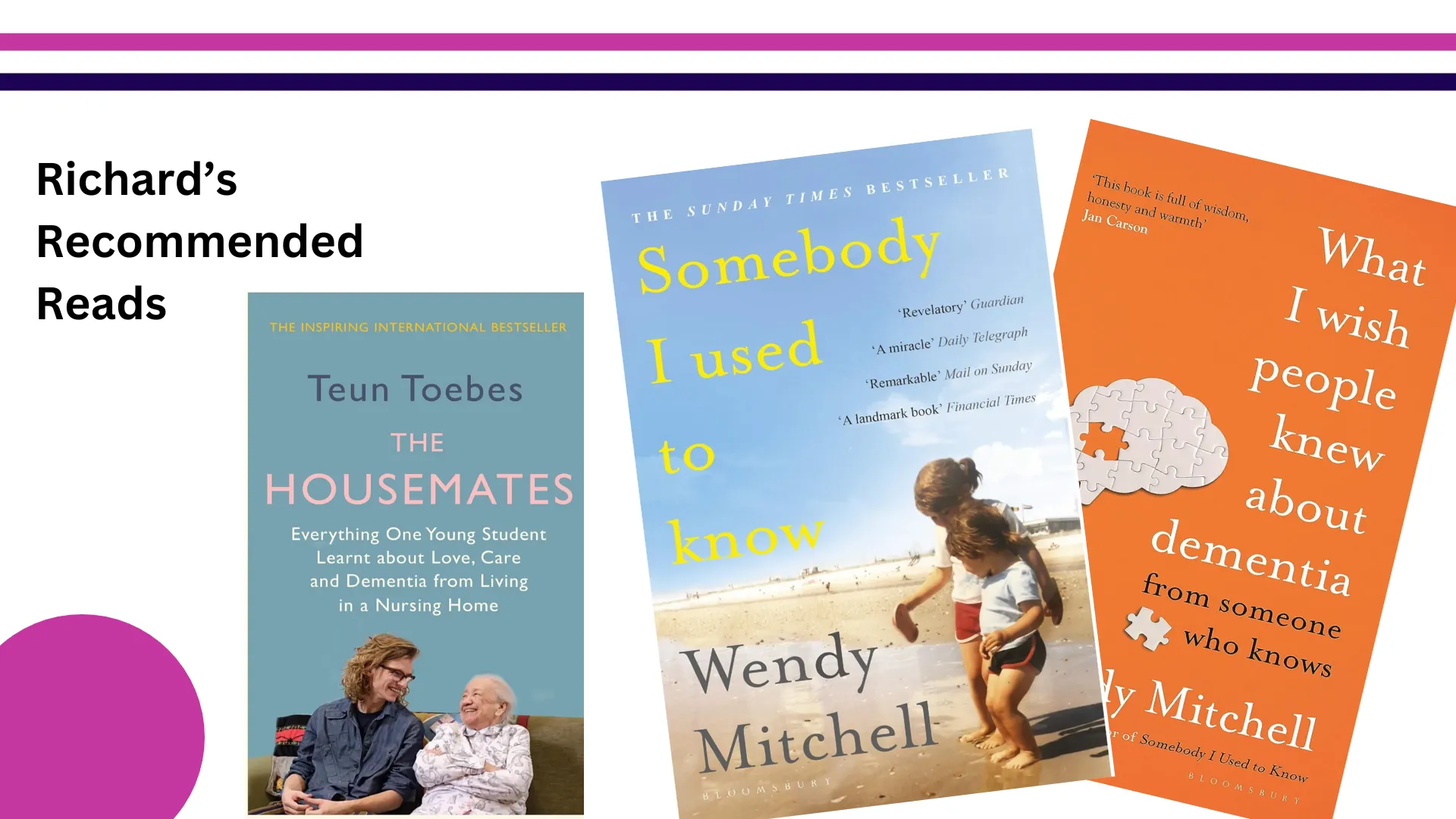
Do you have a plan for your future home care needs? The truth is very few people prepare for getting older in terms of care that they may need. Usually, home care is only looked at only after a health crisis such as a fall or being admitted to hospital and a subsequent discharge perhaps with additional support being required.
Do you spend your time trying to discover what is enjoyable and what is painful or difficult? If so, you are like most of us who try to focus on the positive aspects of like such as saving for a break away, or a trip to see family or friends.
It is difficult to imagine that health problems would happen to us, in a way that we would struggle with our independence in our own home. We assume it wouldn’t ever happen to us.
Yet we are in an aging population, with people living longer than they have done historically. As we get older our bodies deteriorate. So, it’s a logical assumption, that we could all require home care at some point in our lives.
How many people have a plan for home care in the event of something happening? For family members who are very independent, talking about home care can feel like a difficult subject. It’s not always an easy topic to discuss over Sunday lunch and there never feels like a good time to mention it.
However, for many people, who suddenly find themselves in need of home care through changes in health, they can initially, reach out to social care which isn’t always an easy process to navigate, or that they would feel nervous or worried to invite people into their homes to assist them, sometimes pride comes into play.
Whatever the situation, most of us are unprepared for understanding how home care works.
During a crisis, sourcing home care can feel stressful, bewildering and time consuming. The truth is, we just not emotionally ready for this huge event to be happening in our lives and there is no plan in place for managing it, and no support to help deal with the emotional change and a potential loss of independence.

However, there are things that you can do, which mean you are much better prepared (and informed) in advance of any care needs – and what is even better – it can be free of charge.
Below are Richard’s essential top tips
– Instead of having to wait for a lengthy meeting with a professional , why not create your own Care Plan? It is not as difficult as you might think. If you have access to a computer, go to the website: preparing4Care.co.uk. You simply register and are then supplied with a template of questions that you fill in in your own time. It will then produce a Care Plan for you which you can print out.
All care revolves around a Care Plan – and this is the document that tells whoever reads it:-
- who you are and who supports you.
- what your condition is/what medication you take
- how you like to live/what you enjoy
- what your preferences are
- who can act on your behalf if needed.
– Other sources are Dementia UK who help you create an “Advance Care Plan” and Gold Standards Framework which gives you a lot of relevant information in preparing a plan.
On a different note, if anyone reading is looking after, or living with someone who has a diagnosis of dementia – it can be a very confusing and upsetting time. Part of the problem is in trying to relate to altering behaviour patterns by the sufferer ,and simply not knowing what is going on in their head as the condition advances.
I can heartily recommend a few books which may well help you understand better what it is like for the sufferer – which in turn may help you in your relationship with that person.
– The first two are written by Wendy Mitchell, herself a dementia sufferer , and the titles are “Somebody I Used to Know” and the second one “ What I Wish People knew about Dementia”.
– The last one is written by Teun Toebes from Holland and is entitled “The Housemates” and gives you an insight into how dementia sufferers are treated – good and bad.
They will hopefully open your eyes and help you realise that dementia sufferers are still human beings who need to be treated with compassion and understanding, and who still have the right to a fulfilling and creative life. More on this in future issues!


